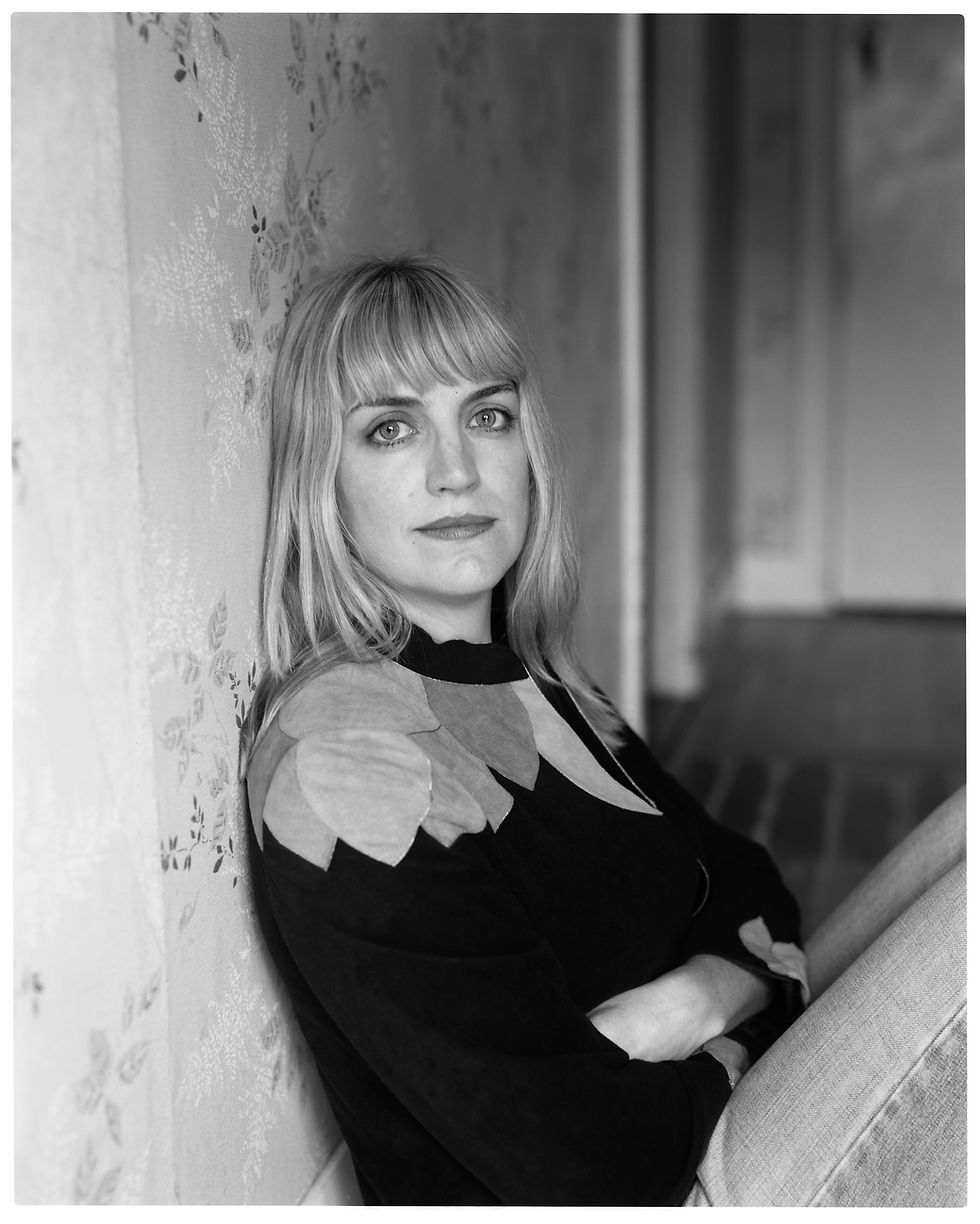TRACY MCNEIL & THE GOODLIFE – YOU BE THE LIGHTNING: REVIEW
- Feb 11, 2020
- 3 min read

TRACY MCNEIL & THE GOODLIFE
You Be The Lightning (Cooking Vinyl)
The surface is smooth. The feeling is of fold-free pop rock of the kind that filled the airwaves in the 1970s in a blitz of adult concepts and creamy melodies, of creases in the jeans but not the harmonies. But it’s a deception. Or at least only half the story.
Because when you peel back the silkiness of Tracy McNeil’s fifth album, when you ease past the glimmer of the guitars and the smooth suspension of a tasteful rhythm section, something wickedly different this way comes.
Turbulence lies at the centre of You Be The Lightning. Lives re-arranged and re-set; relationships foundering and new ones being built; questions asked that suggest trauma has come and trouble may yet lie ahead; answers offered that say it’s going to work out - well or not, forever or not, it doesn’t matter, they will just be.
Not for nothing is the album filled with images of nature unleashed - seasons changing, rain coming down hard, lightning, “something of blood and bone”, hurricanes, “wind in the sand” even as the prevailing conditions suggest temperate times. As if the world around these characters is as out of control as their inner lives, no matter what face they put on it.
McNeil at one point says she’s “gonna break it all wide open, gonna drown you out with wine” and the cut is deep, but can return later in the album with a mix of acceptance and resignation saying “I don’t feel you anymore, I don’t need to settle the score”, and the wound might not be healed, but it’s closing.
She can open the album describing someone at the very edge, “you were fraying at the seams, I could’ve sworn you’d come undone”, and whether it’s her or not is not as important as the fact that the one coming undone doesn’t need to be alone through this. “If it sounds familiar and you say you’ve heard it all before/I’ll do my best to sway you closer than you’ve ever come.”
And, as she observes at the end of the album, solutions aren’t going to come from wishful thinking, but something more prosaic, more plainly obvious if we were to look. “If we could roll back the time and hold it in the palm of our hand/There’d be me and there’d be you and between us, all we do.”
So, no, turbulence isn’t of itself a bad thing. After all, there’s the exhilaration of tapping into the energy of the new, the kind of excitement that comes from desire and promise and rewards you can almost taste. Even if it’s imagined.
After describing the entropy of having shut down everything, for safety or otherwise, (“I’m leaning on the doorway of the open wide/But nothing’s really moving inside of me”) and almost pleading with a potential lover to cut through (“I wanna feel you, wanna know you, not like a brother”), in Not Like A Brother, McNeil bursts out with the zest of someone being sprung free, or renewed in Catch You.
“With the temper of a child I trace my steps into the wildness of our first kiss,” she sings. “The moment only fleeting like the shadow of our first meeting/Just long enough for one to easily miss.”
But here’s the trick, or the skill or the bit of magic, producers McNeil and guitarist Dan Parsons, balance You Be The Lightning so neatly between inner turbulence and exterior smoothness that you aren’t ever pulled all the way one way or the other.
The rising-to-meet-the-highway Stars skips joyfully into its assigned task of “tearing up a hole in the sky” as if the result obviously will be sun and not black space, just as the laidback subtle groove of Not Like A Brother, and especially its airy background guitar line, seems to be predicting the sensual result of the desire being confessed.
In the gentle Midnight Hurricane, thoughts may burn down like cigarettes but the twin voices of McNeil and Parsons are like echoes of each of other that gradually blend into something new, while Without Speaking starts with raggedness and fills out into solidity, before disappearing just as we begin to grasp it.
As a fitting final touch Golden Age channels early Elton John into a space that finds McNeil alone but not isolated, not when the country comfort of an organ-led band comes to her. There’s upheaval and change; there’s peace.








Comments